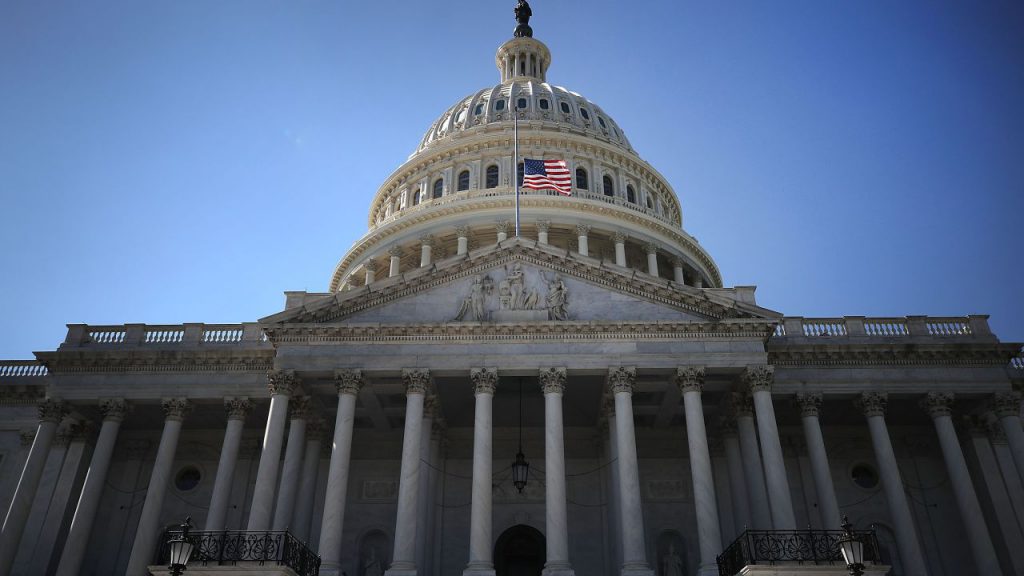The US government has indicted cryptocurrency exchange KuCoin, and its two founders on criminal charges. According to a press release from the United States Southern District of New York, two of the exchange founders are facing penalties for money transmission and Bank Secrecy Act violations.
The release named KuCoin founders Chun Gan and Ke Tang in the indictment, for their role in the alleged illegal activity. Moreover, they stated that the exchange “flouted US anti-money laundering laws to grow KuCoin into one of the world’s largest cryptocurrency exchanges.”
Also Read: Apple Removes Binance, KuCoin, OKX From Indian App Store
KuCoin Faces Criminal Charges From US Government
The digital asset market faced a massive surprise when one of the world’s largest cryptocurrency exchanges is now facing charges. Specifically, the US government has indicted KuCoin and its two founders on criminal charges, citing a “multibillion-dollar criminal conspiracy.”
The indictment was unsealed today, unveiling the charges. Specifically, it was announced by US Attorney of the Southern District of New York, Damian Willians, and Homeland Security Investigations New York Field Office head, Darren McCormack. The charges name the exchange and founders ChunGan and Ke Tang on rather serious charges.


Also Read: UK: FCA Advises Crypto Investors to ‘Avoid’ Huobi, KuCoin & 140+ Exchanges
The exchange and its founder were charged with “conspiring to operate an unlicensed money transmitting business” as well as failing to adhere to the Bank Secrecy Act. KuCoin had failed to “maintain reasonable procedures” for customer verification and suspicious activity observation.
Attorney Damian Williams says the exchange “deliberately sought to conceal” the number of US users on the platform. Moreover, they allege that KuCoin then “took advantage of the sizeable US customer base.” To become one of the world’s largest exchanges. Additionally, McCormack said the agency’s investigation called the exchange a “criminal conspiracy.”





